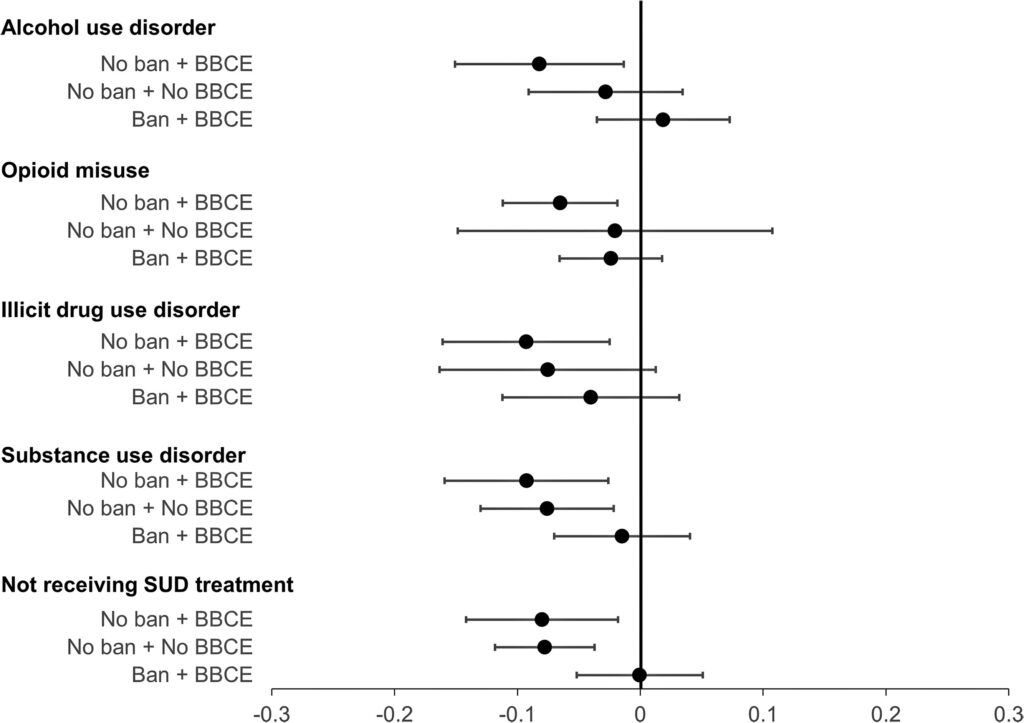Unlocking Support: How SNAP Benefits Influence Substance Use
Expanding SNAP eligibility criteria could be a vital step in addressing food insecurity as a driver of substance use.

Read Time: 2 minutes
Published:
More than 114 million people in the United States struggled with food insecurity in 2023, a hidden crisis that extends beyond empty pantries. Its effects often go unnoticed, yet food insecurity deeply impacts mental health by contributing to stress, anxiety, and cycles of personal instability. A troubling link exists between food insecurity and substance use, suggesting that hunger and hardship can drive risky coping mechanisms.
For some, substance use may serve as a coping mechanism to manage the psychological stress of food insecurity. Others may use substances like opioids to suppress hunger during times of financial hardship. Further, food-insecure individuals often experience higher rates of chronic pain, potentially leading to increased substance use for pain management.
Rebecca Naumann and colleagues studied how state policies for the Supplemental Nutrition Assistance Program (SNAP) influence substance use and addiction. Using data from the SNAP Policy Database and the National Survey on Drug Use and Health, they analyzed the impact of SNAP policy changes while accounting for economic conditions and local policies.

The figure above illustrates how different SNAP eligibility policies affected substance use between 2014 and 2017. The researchers compared states with stricter policies to those with more flexible ones. The reference group included states that imposed a felony drug conviction ban, which disqualifies individuals with such convictions from receiving SNAP benefits. It also included states without Broad-Based Categorical Eligibility (BBCE) policies, which typically raise income limits or remove asset tests for SNAP eligibility.
States that banned people with felony drug convictions from receiving SNAP benefits had similar rates of substance use, whether or not they had policies that expanded SNAP eligibility. In contrast, states that did not adopt BBCE policies and also did not enforce a felony drug ban had lower rates of injection drug use, substance use disorders, and unmet need for treatment. However, rates of alcohol use disorder and opioid misuse remained unchanged.
Naumann and her colleagues suggest that expanding SNAP eligibility by relaxing restrictive enrollment criteria could be a vital step in addressing food insecurity as a driver of substance use.



